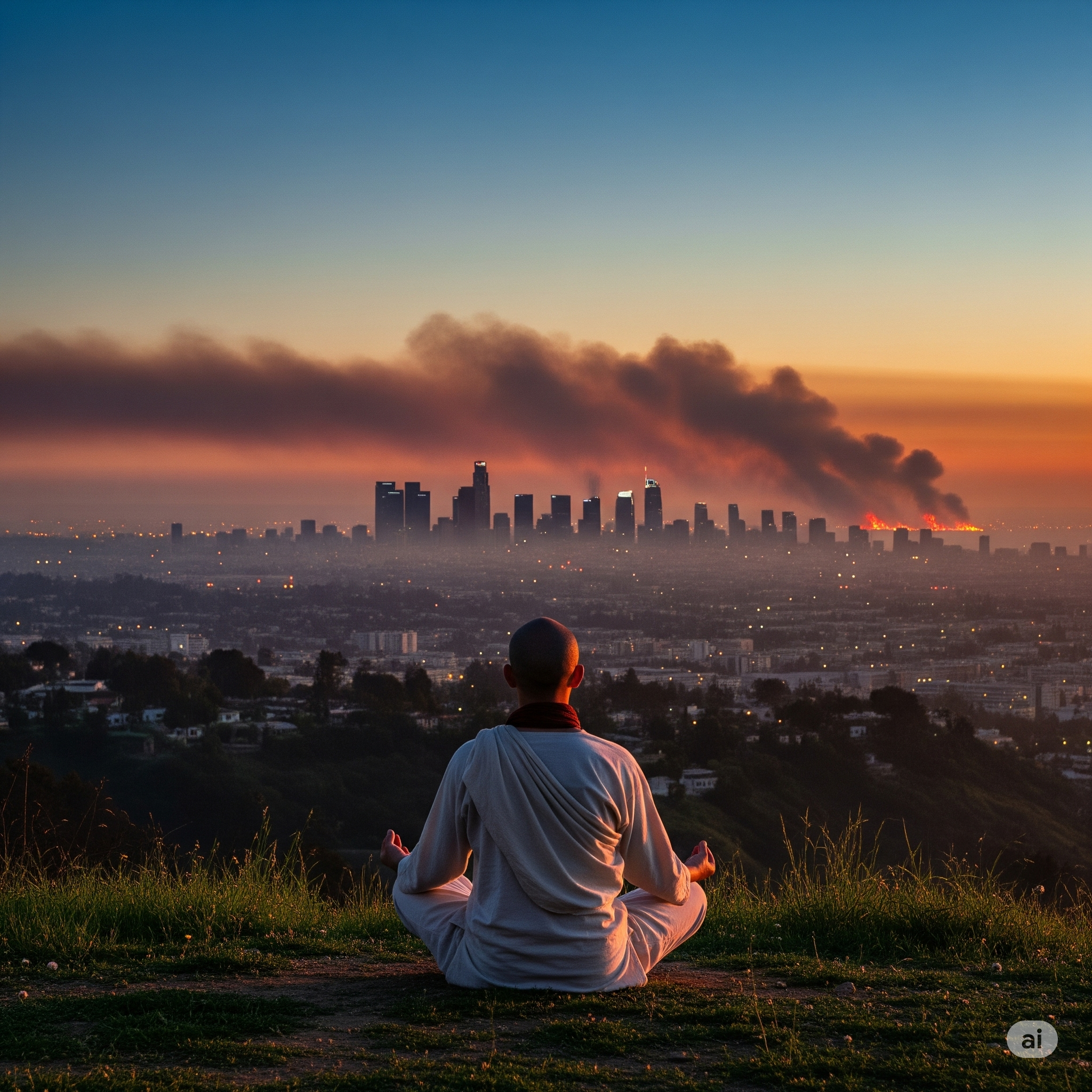Today’s World Through Buddhist Eyes
The news of August 7, 2025 reflects the eternal Buddhist teaching of anicca (impermanence). President Trump’s higher import taxes take effect today News: U.S. and World News Headlines : NPR, demonstrating how economic policies constantly shift like sand in the wind. This exemplifies how all conditioned phenomena arise, change, and pass away according to causes and conditions.
The Bank of England’s interest rate cut to 4% to bolster the U.K.’s sluggish economy International News | Latest World News, Videos & Photos -ABC News – ABC News reveals the Middle Way principle in action – policymakers seeking balance between stimulation and stability. Buddhist economics would remind us that true prosperity cannot be built solely on material accumulation or financial manipulation, but must include ethical considerations and the welfare of all beings.
The commemoration of Hiroshima’s 80th anniversary carries profound Buddhist significance. With survivors’ average age now exceeding 86, this year’s anniversary is considered the last milestone event for many of them World News and International Headlines : NPR. This poignant reality embodies maranasati – mindfulness of death – teaching us to honor the preciousness of life while understanding its transient nature. The atomic bombing represents the ultimate expression of human suffering (dukkha) caused by hatred, greed, and delusion – the Three Poisons that Buddhism identifies as the root of all suffering.
Today’s mortgage rate fluctuations reflect our attachment to material security. The 30-year and 15-year fixed rates have decreased sharply this week Mortgage and refinance interest rates today, August 7, 2025: Lowest 30-year rate since April, causing joy for some and concern for others. Buddhism teaches us that such economic fluctuations are part of samsara – the cycle of conditioned existence where happiness and suffering alternate endlessly when we remain attached to outcomes.
The violence mentioned in news reports – whether economic warfare through tariffs or physical conflicts – demonstrates how ignorance of our fundamental interconnectedness (pratityasamutpada) leads to harm. Every tariff affects global supply chains; every conflict ripples across borders. We cannot separate our wellbeing from others’ wellbeing.
Buddhist philosophy would encourage approaching today’s news with upekkha (equanimity) – neither becoming overwhelmed by negative developments nor complacent about positive ones. The economic uncertainties, political tensions, and social challenges are opportunities to practice compassion and wisdom.
The Middle Way teaches us to engage meaningfully with worldly affairs while maintaining spiritual perspective. Rather than being swept away by the constant stream of breaking news, we can observe these phenomena as manifestations of the Four Noble Truths: suffering exists, it has causes, it can end, and there’s a path forward.
Most importantly, Buddhism reminds us that lasting peace – whether personal, economic, or geopolitical – cannot be achieved through external manipulation alone. It requires inner transformation, ethical conduct, and recognition of our shared humanity. Today’s news, like all news, is a mirror reflecting our collective consciousness and an invitation to cultivate wisdom and compassion.

